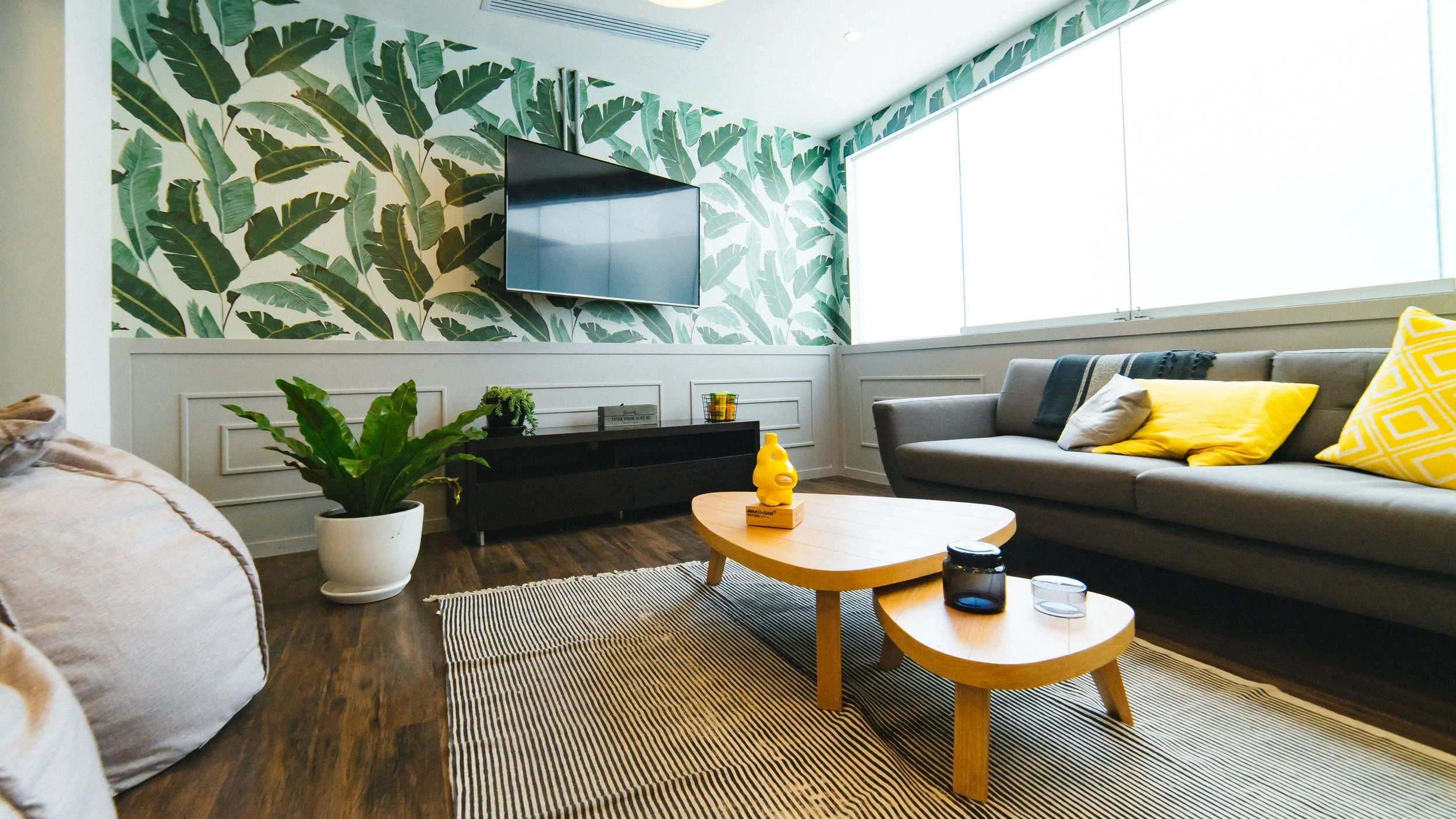Buying A House; Yes or No?
Buying a house is a very British concept; you are deemed successful if you own property. This notion is rarely questioned in the UK. Despite the 2007 housing crisis, and current record house prices, particularly in London, there is a persistent mantra that your investment portfolio is complete with a house.
Is this mantra correct?
This blog sets to unpick the pros, cons and considerations of buying a house.
As a pessimistic accountant, I will start with the cons:
- Risks of Borrowing Money: unless you can afford to buy your house fully for cash, you need to borrow money from a financial institution. When you repay this debt you pay a mixture of capital (paying off the house), and interest (paying money to a bank for the privilege of borrowing the money), although some mortgages are interest only. Risk lies in a number of places, particularly:
- Job security: if you rent and you lose your job, you can move to a small apartment to pay less rent. The rental market moves quickly and leases tend to have lower notice periods making it easy to downgrade to a smaller flat if required. If you are a homeowner and you lose your job, selling your house and moving will invariably take longer than if you rent. You might not meet your repayments and you default on your loan. Depending on your covenants, this can result in the bank taking your house.
- Interest rates: interest rates are rising. Your interest payments, if floating, will increase in line with increasing interest rates from the Bank of England. Even fixed rates mortgage repayments will increase when the fixed term is up. Interest, as mentioned above, is just income paid to the financial institution for the privilege of having a mortgage. Interest rates are currently low, however, in 1990 interest rates were 15%. This amount adds a staggering sum of money to your monthly repayments and can mean you don't make your monthly repayments.
- Additional costs: When you buy a house you need to buy a bed, sofa, fridge freezer, cupboard, chairs, table, TV etc; buying all these items costs money. And then you need to insure these items...which costs even more money. When you rent, you ask your landlord to buy all these items, and insure them.
- House stuff breaks: following the above...owning a house means you are responsible for buying the goods for the house. Things break, and when they do, you have to find and pay for the plumber, electrician, maintenance man. When you rent...the landlord pays...
- Commitment: a house ties you down to an area and commits you to one place. It's expensive to move (think stamp duty, legal fees, survey fees) and if there is a downturn in the housing market you might lose money. People tend to buy houses for schools or local amenities; if they deteriorate it's hard to move away from the area.
- Housing bubble: In 2007, the housing market fell off a cliff; the safe and secure world of property unfolded. Prior to 2007, high levels of mortgage lending resulted in overpriced houses as everyone grappled to own property. Despite the housing crash, prices, particularly in London, have continued to increase. If you are looking for a short term investment, buying at the peak of the market may not be a good investment. As a long term investment, it may be more sensible. I believe the market will self correct, the house prices will stagnate, and even fall, for a decade, and then will increase steadily again.
Now for the counter argument; here is why you should maybe buy a house:
- No Landlord: deposit money is always questioned and rarely returned in full. Landlords often find any pedantic reason not to give deposit money back. Owning a house or flat is your own; no questionable deposit money. Similarly, want to own a pet? Go for it. Want to use blue tack for pictures on the wall. Go for it. Want to paint the bathroom yellow. Go for it. It is your prerogative to do whatever you want with your flat.
- House Prices: as mentioned in the cons, over the long term house prices tend to track income growth. Over the long term, despite the boom and bust seen in the house marketing, house prices tend to increase. As a long term investment, a house can be considered a good purchase.
- Monthly Instalments: paying rent involves paying money to a landlord's back pocket. You effectively end up paying their mortgage. Paying your own mortgage involves paying small incremental amounts towards an asset, that once the loan is repaid, is completely yours.
- Additional Income: In the UK you get good tax allowances for subletting a room. This is a fantastic way to make some tax free income from your house.
- Residency: In my reasons not to buy a house, I said that a house anchors you. Some people want that, and they want to make a house a home. If you are at a certain point in your life (children etc), routing yourself in an area, and particularly a community, can be a good idea.
Considerations
If you do buy a house, know the details, and know your circumstances:
The Details: reach and understand the mortgage market. Understand your banks interaction with the Base of England rates i.e if interest rates are increased, how long until your mortgage provider increases your repayments? Similarly, fully understand the additional costs associated with house buying (stamp duty, lawyers fees, mortgage fees, buying furniture, insurance); can you afford it?
Your circumstances: if you lose your job, do you have savings to cover your mortgage repayments? Is the housing marketing liquid; i.e can you sell your house and move quickly if you need to change area? How many years will it take to pay off your mortgage?
Fundamentally, the 2007 housing bubble burst happened as people were given, and took on, mortgages they couldn't afford to repay. It's ok not to own a house and it's ok not to take on significant debt and spend the next 25 years paying it off.
Whether you buy or don't buy a house, the key aspect is to make sure you fully understand your personal circumstances, and consider what you can, and want to afford.
Photo by Dan Gold on Unsplash.
Corinne is a qualified accountant, and CFO of a technology company in London. She writes extensively on personal finance, particularly in relation to empowering women with their personal finances. As someone who has worked across multiple companies, and who takes a keen interest in her personal finances, Corinne strives to provide practical education in finances.


